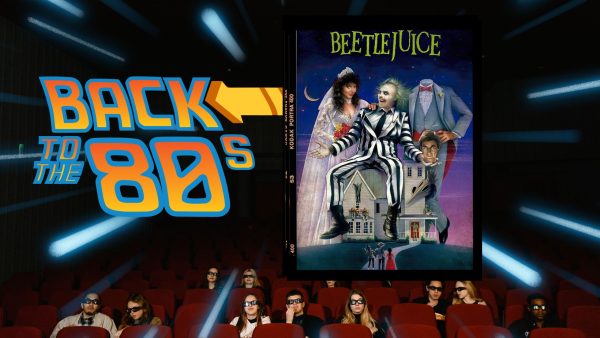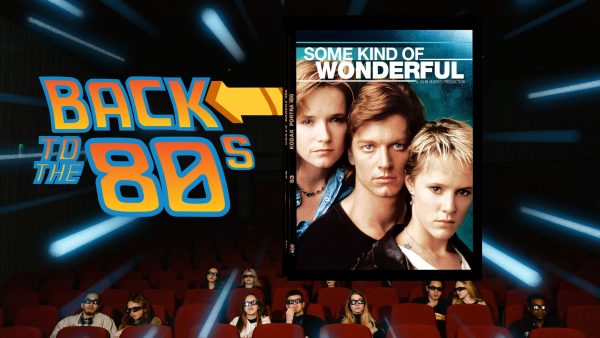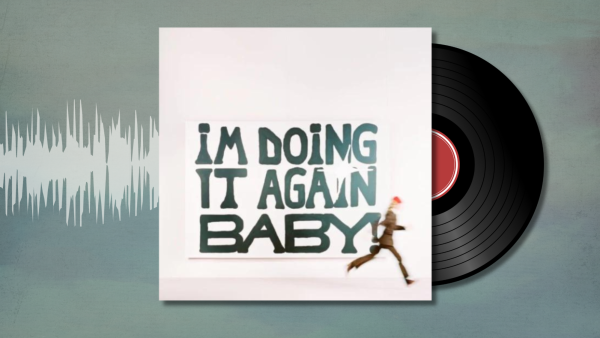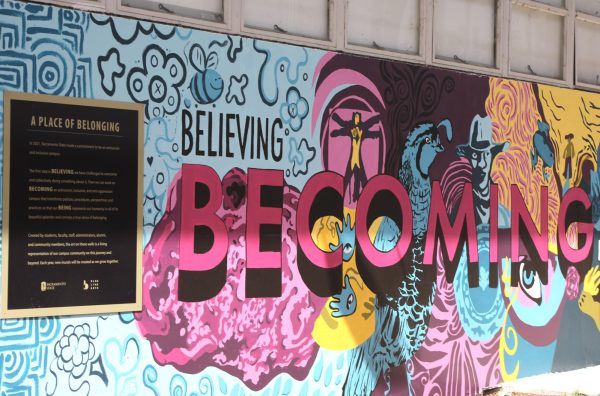The dual perspective of “Dear White People”
November 10, 2014
“Dear White People” is a movie that tells the story of four African-American students attending an Ivy League university and the weeks leading up to a racially-charged incident resulting from an “African-American themed” party hosted by white students.
The main characters include Lionel (Tyler James Williams), a journalism student who is ostracized from multiple university houses because he is openly gay and is deemed “too black” for the white students and “too white” for the black students; Sam (Tessa Thompson), a film student who runs a campus radio show with a “Dear White People” segment and is pressured by her peers to be a radical activist; Troy (Brandon Bell) the son of the dean (Dennis Haysbert) who is being groomed by his father to be a flawless politician; and Coco (Teyonah Parris) who has reality TV aspirations and wants to distance herself from her “blackness”.
Johanna’s Reaction:
The thing which initially makes “Dear White People” difficult to critique is there is nothing to compare it to; there are no other movies out there centered around African-American students struggling with identity on a college campus.
This fact is also what makes the film a noteworthy achievement in itself.
The film already surpasses the usual, limited portrayal of African-American characters in comparison to mainstream films; “Dear White People” allows there to be multiple, complex depictions of black people and puts their stories and character development at the forefront of the film.
“Dear White People” is not, in fact, for white people.
It was made for the voices of black youth that have to function daily in a society that does not completely accept them. There are ways in which this film addressed racial issues in very obvious ways, like the outraged reactions to a white student proclaiming there is no racism in America anymore and that the hardest thing to be in this country is an affluent white male.
But there were also subtle moments which brought the points to light.
Whenever Lionel would silently grimace when offensive comments were casually said to him such as, “you’re only technically black,” effectively said just as much about the internalized grievances and discomfort than a monologue could have.
This is the first feature film by screenwriter and director Justin Simien, 31, and at times it uses witty and humorous dialogue — “My hair is like a black hole for white fingers” — as a vehicle for serious social commentary.
Some could argue this film unfairly offers black people a one-sided soapbox to stand on, but the film addresses this within the first few minutes.
A caller to Sam’s radio show asks, “Well, how would you feel if there was a ‘Dear Black People’?”, to which she responds that all she has to do is consult media and popular culture to see the degrading ways in which some white people regard black people. This was her platform to enlighten people on an issue she feels does not get the opportunity to be heard.
The point is not to blindly hail this film as the best thing since Meryl Streep — like any work, it has flaws — the point is the fact this well-written and relatable commentary on how it is to be a black student in America, exists right now and people are seeing it as a feat in of itself.
Rian’s Reaction
Despite the title, this movie is not for white people although it would do many white people good to watch it with an open mind.
“Dear White People” touches upon a topic that is largely overlooked in today’s film industry: young black people struggling to find their identity in a predominately white culture.
There are many movies that cast African-American youth, but these films do not portray a complex character that develops throughout the film.
The stereotypical sassy black friend, athlete or villain caricatures are intentionally missing from “Dear White People.”
This film allows the audience to see on-screen, for the first time, a realistic depiction of the internal struggle that many African-American youth face.
Questions regarding a persons’ level of “blackness,” pressure to assimilate with white culture and pressure to be a spokesperson for their race, are all showcased on screen through the variety of complex black characters.
As a white American who is conscious of racial tension, I was pleased to see certain behaviors that white people demonstrate deemed as inappropriate. It was the first time that a film called out such behaviors as racially insensitive, whether intentional or not.
There is a silent majority of white Americans who stay out of discussions on race issues because it is an uncomfortable topic. Because they do not try to empathize with the black perspective, their ignorance leads to offensive comments, actions or behaviors that they do not realize negatively affect their African-American peers.
The film uses examples such as white people touching black peoples’ hair without permission, asking a black woman if her hair is “weaved,” stating that there is no longer racism in America, or calling someone “technically black,” as remarks or actions that are offensive to African-Americans.
The African-American audience can easily identify with these aspects of the film in that at some point they have had to experience these types of behaviors.
On the other hand, the white audience can identify with these instances from the perspective that they have at some point done or said these things.
The film does not offer a justification or comedic relief for this uncomfortable realization, but rather a very clear message: this is not acceptable.
Most movies cater to white audiences; because of this, there are very few movies that stand to make white people feel uncomfortable about their prejudices or ignorant viewpoints.
“Dear White People” does not try to make white people feel better about themselves or their blissful ignorance; it instead makes white people very aware of their flippant attitudes towards racial issues.
This film offers an honest portrayal of the struggles of African-American students. It allows for the audience to take a step back and evaluate how they interact with other races and how their words and actions affect other people.
“Dear White People” is a unique film and the first of its kind in many aspects. There are some points of the film that are lacking in substance, but overall the film has a refreshing and honest message.
There were some instances in the film where I thought instead of toning down the message, they should have said it louder.
The conflict between the dean and the president was made to seem very personal, going on since they went to college together.
To me this took away from the truth of institutionalized racism in the sense that it made the conflict seem petty, like they were using their sons as pawns in their personal game.
Though the dean did make it clear to Troy the president was less qualified than he was to lead the school, it shows an example of the institutionalized racism that African-Americans face.
One part of the film that made the struggles of being black in a white society very clear was Coco’s reaction to the blackface party.
She had been trying everything in her power to appease the white culture she was surrounded by, yet nothing would make them accept her for who she was.
The culmination of Coco’s frustrations came to a head when she finally realizes that her white peers have no interest in accepting her, despite her best efforts to assimilate.
This instance was very representative of the internal struggle many African-Americans face when trying to forge their identity during their college years.
[Bios]:
My name is Johanna Pugh. I am an African-American and Filipino woman. Growing up, I became aware of how much my biracial background affected both how I perceive the world and how society views me. I grew up hearing a lot of different perceptions of who I was thought to be — I wasn’t black enough, I was too black, I wasn’t Asian enough, I was more Asian than black, I acted too white — I never really fit the molds or stereotypes people had for me, and it took me a long time to come to terms with my identity and realize I do not want to fit other people’s molds. I am a journalism major and a theatre minor, and I want to be able to use my outlet as a writer to tell stories that shine light on social justice issues.
My name is Rian Edington and I grew up in Kent, Washington. I am a Norwegian-American woman who grew up with family who is white, black, and Asian. I identify with the “other tradition” ideology and was raised to be conscious of the race issues and realities within America. I am a journalism major and have a minor in ethnic studies. I hope to use my investigative journalism skills to be a human rights activist.






































































































































